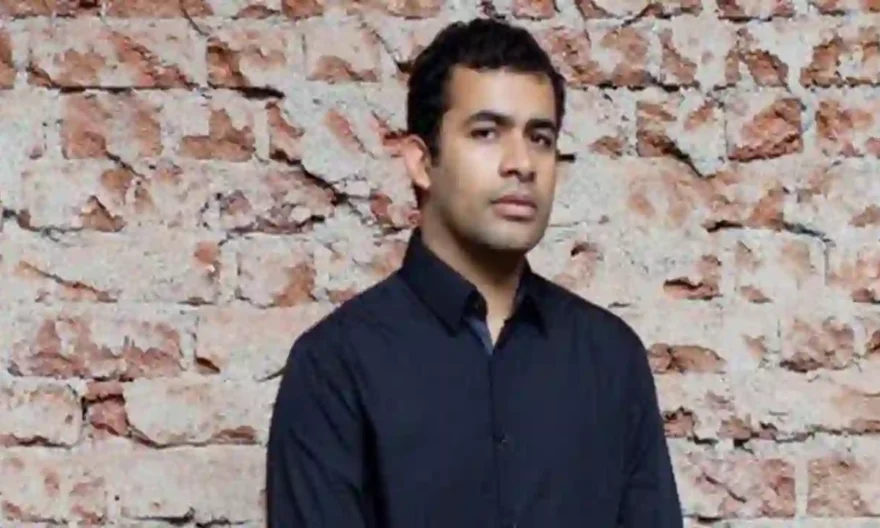
Aam Aadmi Party’s former communication head, Vijay Nair has moved default bail petition in the Delhi High Court on Monday in a money laundering case linked to alleged irregularities in the now scrapped Excise Policy case.
Earlier, the High Court denied him regular bail in the matter.
Nair formerly held the position of Media & Communication In-charge at AAP and served as the former CEO of the entertainment and event management company, ‘Only Much Louder’.
The entitlement to default bail is accorded to accused individuals in situations where the investigating agency fails to conclude its inquiry within the stipulated timeframe.
Senior advocate Rebecca John, representing Vijay Nair in the trial court, asserted that the supplementary prosecution complaint was filed by the Enforcement Directorate within the prescribed 60-day span.
However, the filing was incomplete in terms of an actual investigation, rendering it merely a partial and deficient complaint or chargesheet. This action, she contended, has been undertaken by the investigating agency solely to curtail the applicant’s right to default bail, as outlined in Section 167(2) of the Criminal Procedure Code.
Nair’s legal representative further contended that the right to obtain default bail is a statutory privilege extended to an accused person according to the aforementioned provisions. The investigating agency, in this case, can’t be permitted to undermine or obstruct this right through the manner in which they have acted.
Further, it was also argued that allowing investigating agencies to file fragmented or incomplete chargesheets or prosecution complaints to undermine an accused person’s statutory right to bail would jeopardize the very foundations of criminal jurisprudence. Section 173 of the CrPC mandates investigating agencies to file chargesheets or prosecution complaints against the accused only when the investigation is entirely comprehensive.
The ED, opposing the default bail plea, cited the issue of maintainability and indicated that the accused had already raised the issue of a fragmented or incomplete chargesheet before the High Court in his initial bail plea.
Recently, a lower court declined Nair’s default bail, asserting that, based on factual and legal discourse, the court is not the appropriate jurisdiction to consider the grounds for the accused’s default bail. The court suggested that the appropriate course for the accused would be to approach the same High Court judge or bench to address the specific point or ground raised.
Based on the aforementioned observations and conclusions, the court dismissed the present application filed by the accused, Vijay Nair, as not sustainable before this court.
In a prior bail plea, Nair contended that he held the sole role of media and communication oversight within AAP and was not involved in the drafting, framing, or implementation of the excise policy. He claimed to be “victimised” due to his political affiliation and asserted that the allegations against him were untrue, baseless, and inaccurate.
He further maintained that his arrest by the ED on November 13 of the previous year was wholly illegal and seemingly driven by external motives. This was especially noteworthy since the special court was on the verge of delivering orders concerning his bail plea in a corruption case being investigated by the CBI.
Earlier, ED in its chargesheet against Delhi’s former Deputy Chief Minister, Manish Sisodia, alleged that Sisodia supported Vijay Nair’s involvement in criminal activities. The ED also informed the court that Vijay Nair, representing AAP’s leaders, potentially received kickbacks amounting to Rs.100 crore from a group referred to as the “South Group.”
Both the ED and the CBI asserted that irregularities occurred during modifications to the excise policy, including favoritism towards license holders, waivers or reductions in license fees, and extensions of L-1 licenses without proper authorization.




